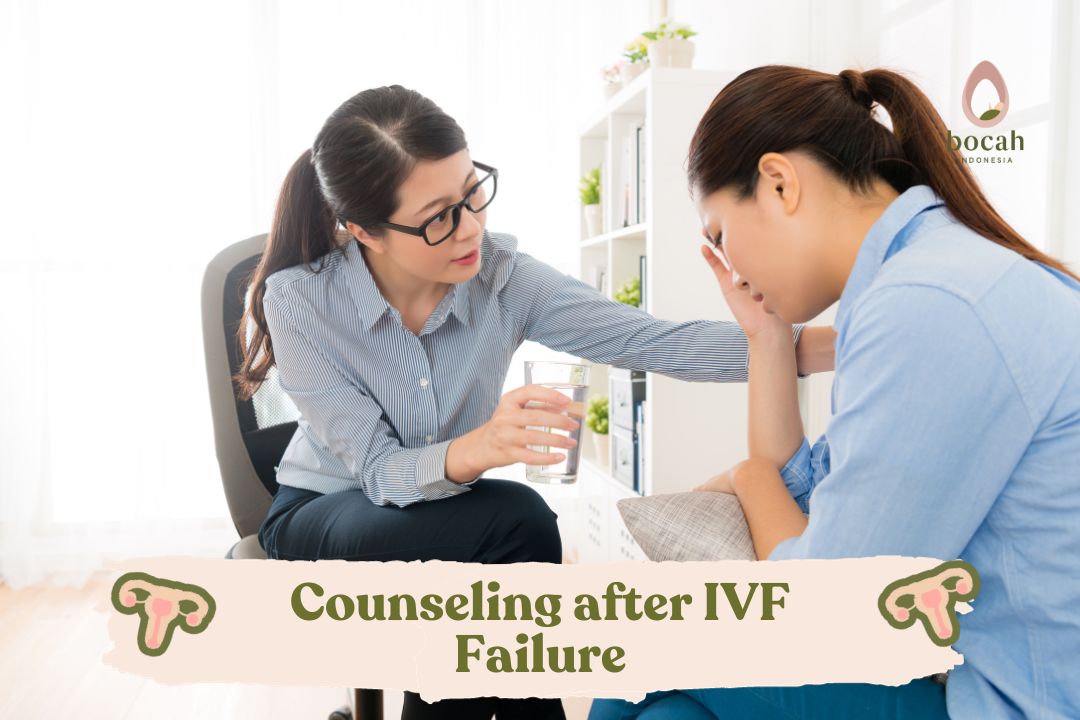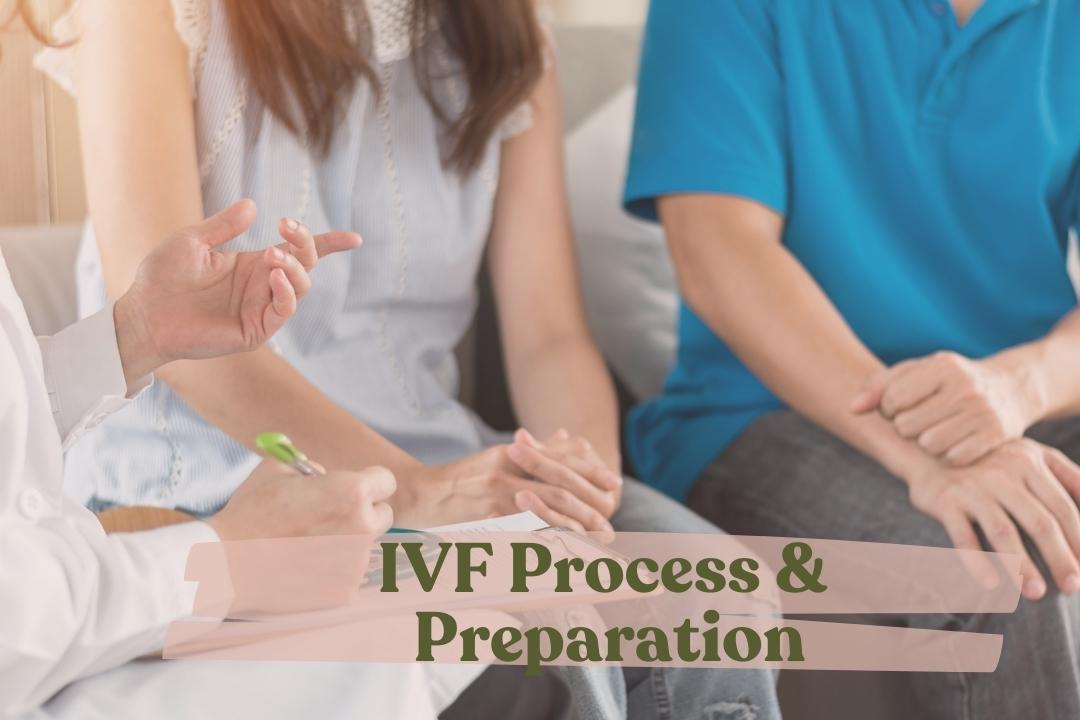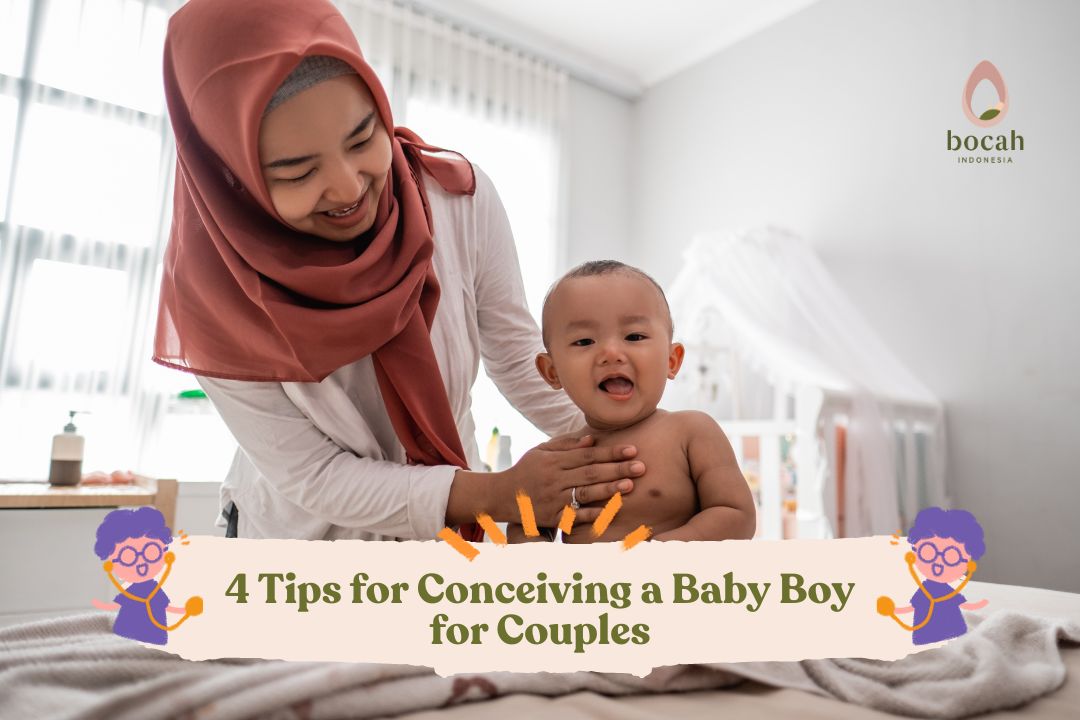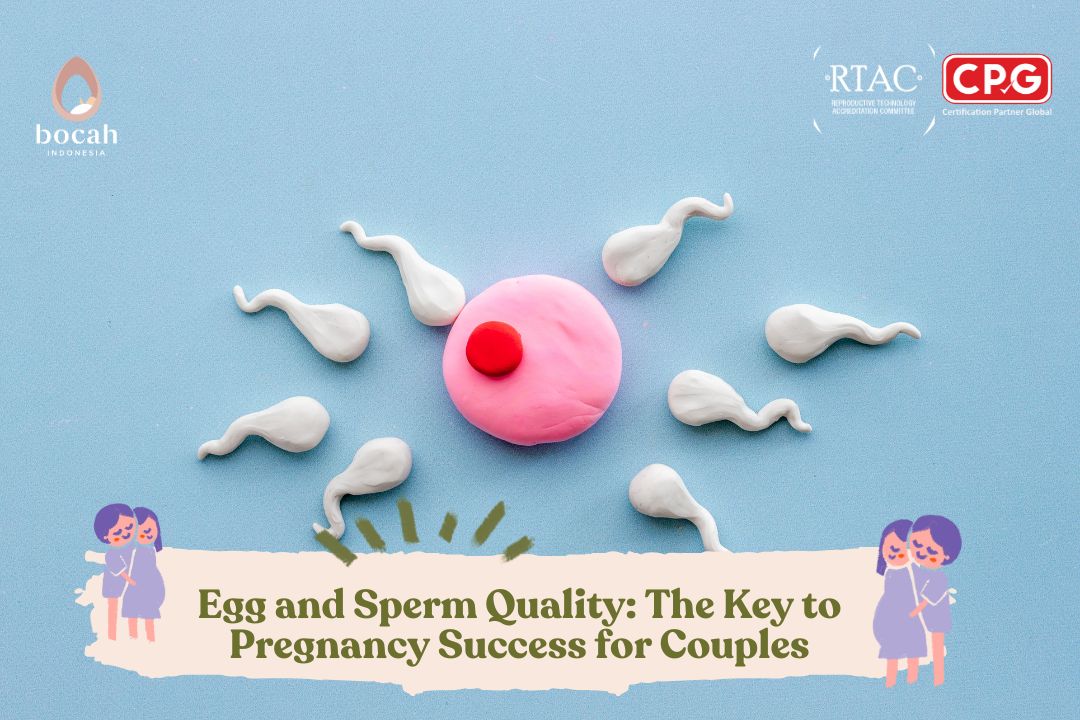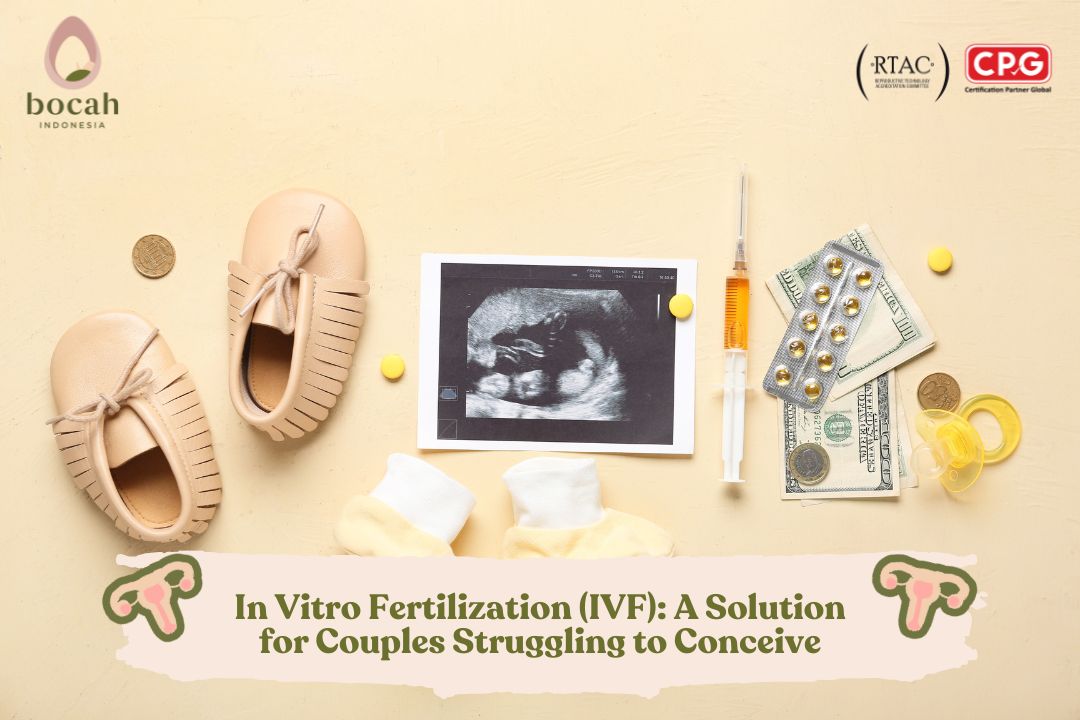Embryology Counseling, Couples No Longer Worried
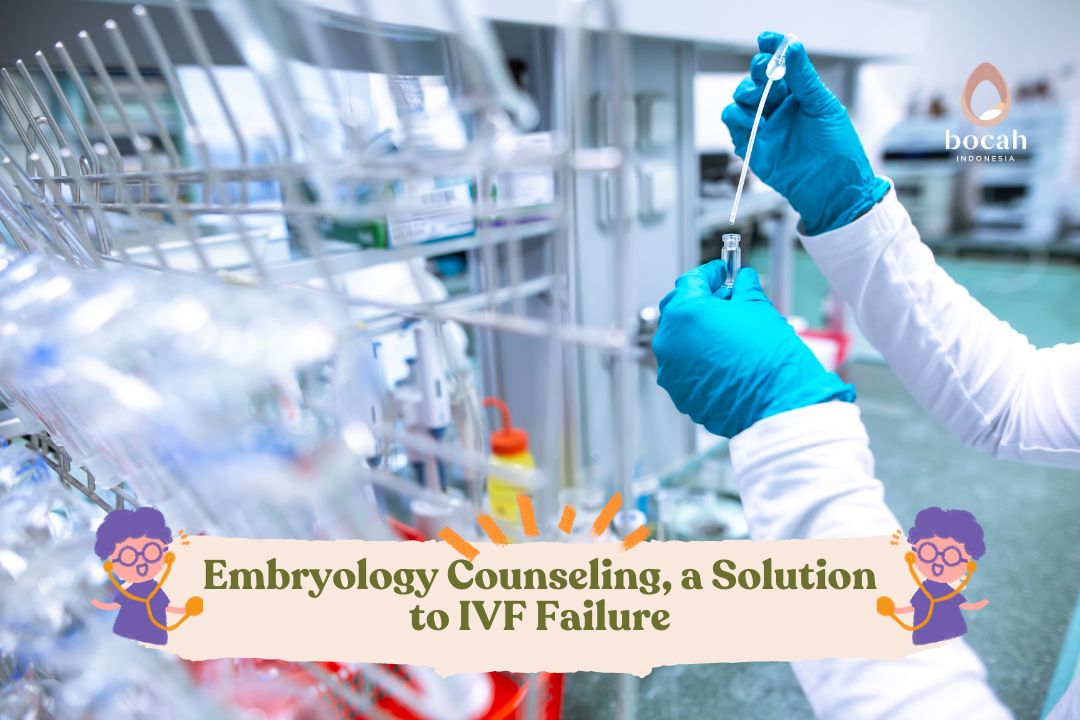
Embryology Counseling is the first and only consultation service to evaluate failed IVF cycles in the previous cycle.
For couples who have experienced failure in undergoing IVF treatment, they may experience various feelings. Starting from sadness, anxiety, frustration, to depression. Failing in IVF treatment can affect the emotional and financial conditions of couples, so many are afraid to start the pregnancy program again.
However, before starting the pregnancy program again after failed IVF, an evaluation of the causes of failure in the previous cycle will certainly be carried out. In Indonesia, there is a service called Embryology Counseling for couples planning pregnancy who have previously failed IVF.
What Are the Benefits of Embryology Counseling?
Embryology counseling (EC) is a comprehensive consultation service to evaluate previous IVF programs. Through embryology counseling services, parents can find out the causes of failure in the previous cycle.
Failing in IVF treatment can indeed evoke various feelings. However, there is no harm in starting the planned pregnancy program again. For parents who want to undergo pregnancy programs after failed IVF, here are the benefits of embryology counseling (EC) that need to be known.
Tanya Mincah tentang Promil?
-
Evaluating the failure of previous IVF cycles
One of the benefits obtained by parents through embryology counseling (EC) is being able to evaluate the failure of previous IVF cycles. This is important for parents to understand the reasons for the failure in the previous IVF cycle.
-
Maximizing success in the next IVF cycle
Through this consultation, parents can maximize success in the next IVF cycle. This is because parents will receive explanations from all sides, both from the obstetrics and gynecology side, andrology, and embryology. These examinations can maximize the success rate for the next IVF cycle.
-
Assisting in supporting the preparation of parents for the next pregnancy
Consultations conducted by reviewing the medical examination reports of parents and embryos in the previous cycle can increase the chances of success. This makes parents’ preparation to start the next IVF cycle more optimal.
What Needs to Be Prepared for EC Consultation?
Embryology counseling (EC) consultations will be conducted together with Dr. Maitra Djiang Wen, Sp.And – Subsp. F.E.R, MClinEmbryol (Australia), a specialist doctor in andrology and head of the embryology laboratory at Bocah Indonesia.
According to Dr. Maitra, the data that needs to be prepared before the consultation such as the examination data of both parents and the previous IVF program data, including stimulation data, hormonal data, to embryo development data.
“When you have experienced previous failure (IVF), it is important for you to collect various data, such as the examination data of both parents and the previous IVF data including stimulation data, hormonal data, and embryo development data from the previous laboratory,” said Dr. Maitra.
Here are some data that parents need to prepare before the consultation, such as:
-
IVF medical resume, including records of hormone drugs both oral and injectable
-
Embryo images, BHcg hormone lab results and progesterone (if embryo transfer has been done)
-
Results of blood tests for both parents
-
Results of father’s sperm tests, including sperm analysis results and DNA fragmentation index (DFI), both recent and old examinations
-
Results of other supporting examinations that have been done, such as mother’s ultrasound, HSG, and others
-
Results of surgical procedures or anatomical pathology (if ever done)
That’s the explanation regarding the benefits of embryology counseling. Now, parents no longer need to hesitate and worry if they want to plan the next IVF cycle. Even though the previous IVF cycle experienced failure, parents still have the opportunity to improve the chances of success in the next IVF cycle.
This article has been medically reviewed by Dr. Chitra Fatimah.
Source:
- Smith, A.D., et al. (2015). Live-Birth Rate Associated with Repeat In Vitro Fertilization Treatment Cycles. JAMA. 2015;314(24):2654-2662. https://jamanetwork.com/journals/jama/fullarticle/2478204
- Schlip, K., et al. (2016). Trying to Conceive After an Early Pregnancy Loss An Assessment on How Long Couples Should Wait. Obstetrics & Gynecology 127(2):p 204-212, February 2016. https://journals.lww.com/greenjournal/abstract/2016/02000/trying_to_conceive_after_an_early_pregnancy_loss_.4.aspx


